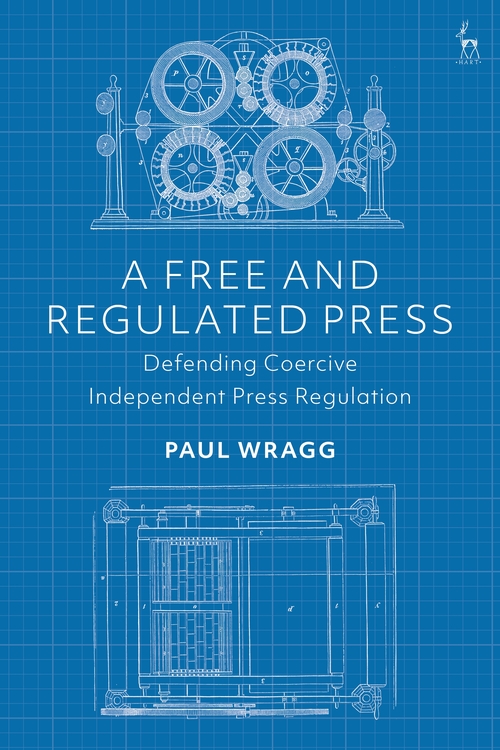
This thought-provoking book provides a systematic, philosophically-grounded reconceptualisation of press freedom and press regulation. In a major departure from orthodox norms, the book argues that press freedom and coercive independent press regulation are not mutually exclusive; that newspapers could be made to compensate their victims, through regulation, without jeopardising their free speech rights; that their perceived public watchdog status does not exempt them; and, ultimately, that mandatory press regulation is not unconstitutional. In doing so, the book questions our most deeply-held, intuitive beliefs about the press and its role in society.
Why do we say the printed press has a duty to act as a public watchdog when there is no legally enforceable apparatus by which to ensure it does? Why does government constantly recommend that the press regulate itself when history shows this model always fails? Why do victims of press malfeasance continue to suffer needlessly?
By deconstructing the accepted view of press freedom and mandatory regulation, this book shows that both are deeply misunderstood. The prevailing notion that the press must serve the public is an empty relic of Victorian ideology that is both philosophically incoherent and legally unjustifiable. The press is obliged to make good, not do good.